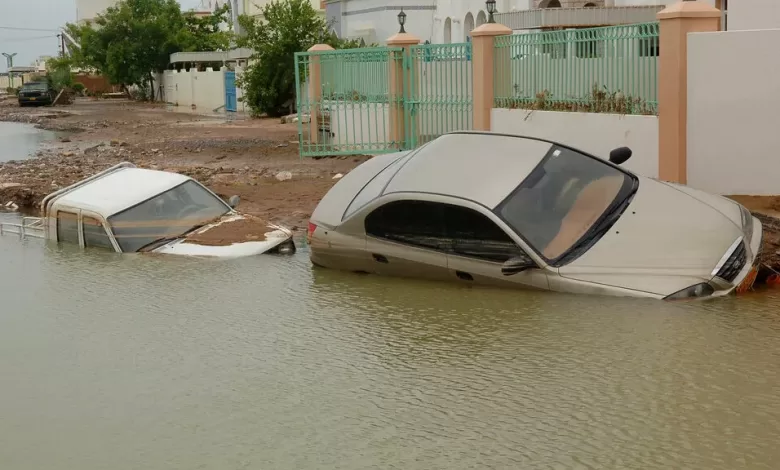Libya Officials Sentenced For Deadly Dam Collapse

- A Libyan court has sentenced 12 officials
- The disaster caused a widespread of destruction
- The verdict is subject to appeal
A Libyan court has handed down prison sentences of up to 27 years to 12 current and former officials found guilty of negligence and mismanagement in the catastrophic collapse of two dams last September.
The disaster unleashed a devastating wall of water that swept through the coastal city of Derna, causing widespread destruction and a staggering loss of life.
Storm Daniel, which brought torrential rains to eastern Libya, overwhelmed the decades-old dams outside Derna on September 11, 2023. The ensuing floodwaters inundated a quarter of the city, wiping out entire neighborhoods and claiming thousands of lives.
The Derna Criminal Court determined that the officials responsible for dam management were culpable for the tragedy. Their convictions carry prison terms ranging from nine to 27 years, as well as orders to return illicitly obtained funds. While the court acquitted four other individuals, the verdict is subject to appeal.
Libya has been embroiled in chaos since the 2011 overthrow of Muammar Gaddafi, with rival administrations vying for control. The eastern region, including Derna, is under the authority of General Khalifa Haftar’s Libyan National Army.
Experts have long warned about the deteriorating condition of the dams, built in the 1970s. Despite allocated funds for maintenance, the structures were neglected for decades.
The disaster has exposed the dire consequences of corruption and mismanagement in a country grappling with political instability.
The human toll of the collapse is immense. While the World Health Organization has confirmed over 4,000 deaths, the Libyan Red Crescent estimates the number of fatalities to be as high as 11,300. Thousands more remain missing. The floodwaters also caused extensive damage to homes, infrastructure, and the city’s overall wellbeing.
The sentencing of the officials marks a significant step in holding those responsible accountable for the tragedy. However, it does not erase the pain and suffering endured by the people of Derna, nor does it restore the lives lost.






